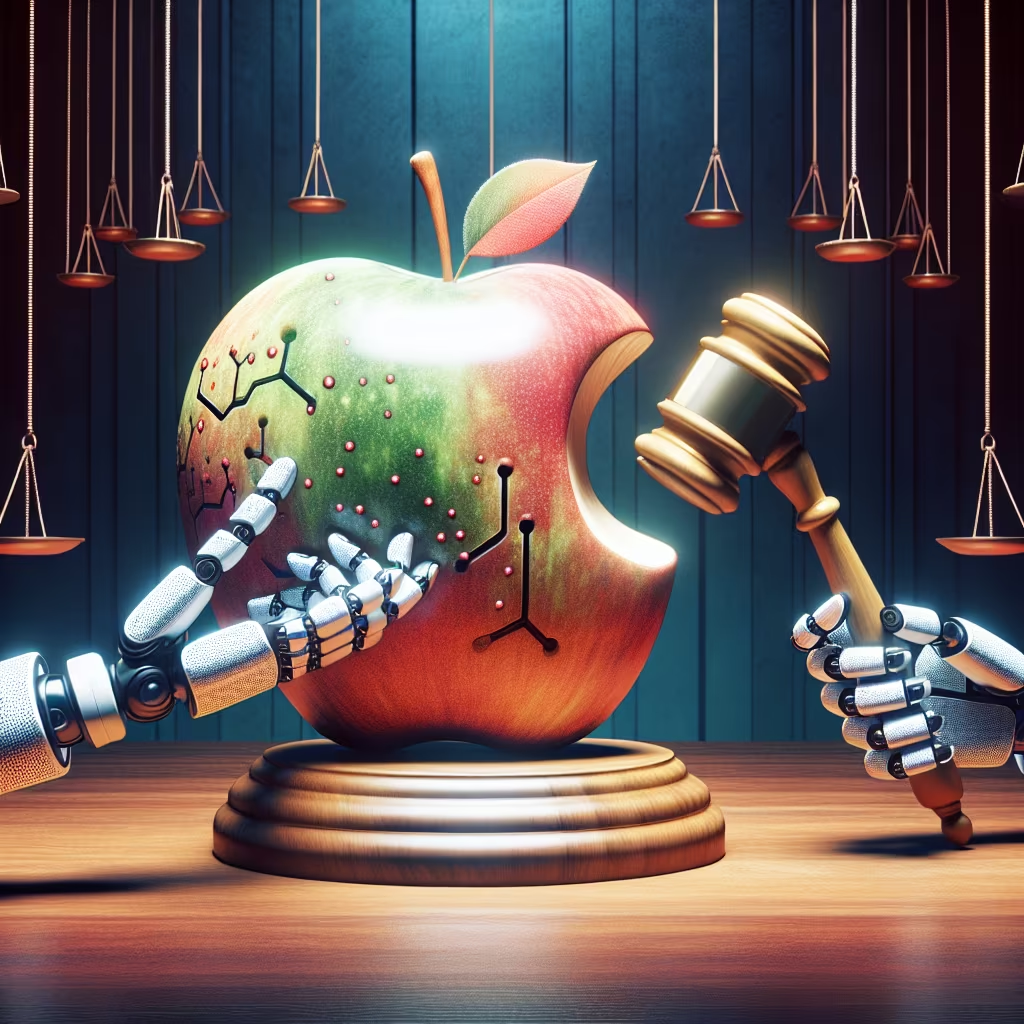Apple Inc. is facing a class-action lawsuit filed by authors Grady Hendrix and Jennifer Roberson, who claim the tech giant used their copyrighted books without permission to train its artificial intelligence models. The lawsuit, filed in the U.S. District Court for the Northern District of California, alleges that Apple accessed pirated e-book repositories to build datasets for its AI systems, including the Apple Intelligence platform. The plaintiffs assert that Apple neither sought consent nor provided compensation for the use of their works (Cybernews).
Allegations of Unauthorized Data Usage
The lawsuit claims Apple used its web crawler, Applebot, to scrape data from “shadow libraries” hosting millions of unlicensed copyrighted books. Repositories such as Books3, LibGen, and Pirate Library Mirror are cited as sources of pirated content. According to the plaintiffs, Apple deliberately bypassed licensing agreements, infringing on their intellectual property rights by using these unauthorized sources to train AI models (Cybernews).
Broader Context of AI and Copyright Disputes
This case is part of a growing wave of legal actions against tech companies over the use of copyrighted materials in AI training. Earlier, AI startup Anthropic agreed to pay $1.5 billion to settle a class-action lawsuit brought by authors who accused the company of using pirated books to train its chatbot, Claude. That settlement, if approved, would compensate authors approximately $3,000 per book for an estimated 500,000 works (AP News). Other companies, including Microsoft, Meta Platforms, and OpenAI, have faced similar lawsuits for allegedly misusing copyrighted content in AI development.
Legal Implications and Industry Impact
The outcome of Apple’s case could have major repercussions for the AI industry, particularly regarding the use of copyrighted materials in training datasets. Legal experts note that a ruling in favor of the plaintiffs may set a precedent for future cases, compelling tech companies to adopt stricter compliance measures when sourcing training data. Such developments could reshape industry practices, balancing innovation with respect for intellectual property rights (AP News).
Looking Ahead
As AI development accelerates, the legal landscape around copyright and dataset usage continues to evolve. Both tech companies and content creators are closely monitoring this lawsuit, which could influence future policies on data acquisition, licensing, and ethical AI training practices. The case highlights the need for transparency and legal compliance in building AI systems while safeguarding the rights of content creators.

